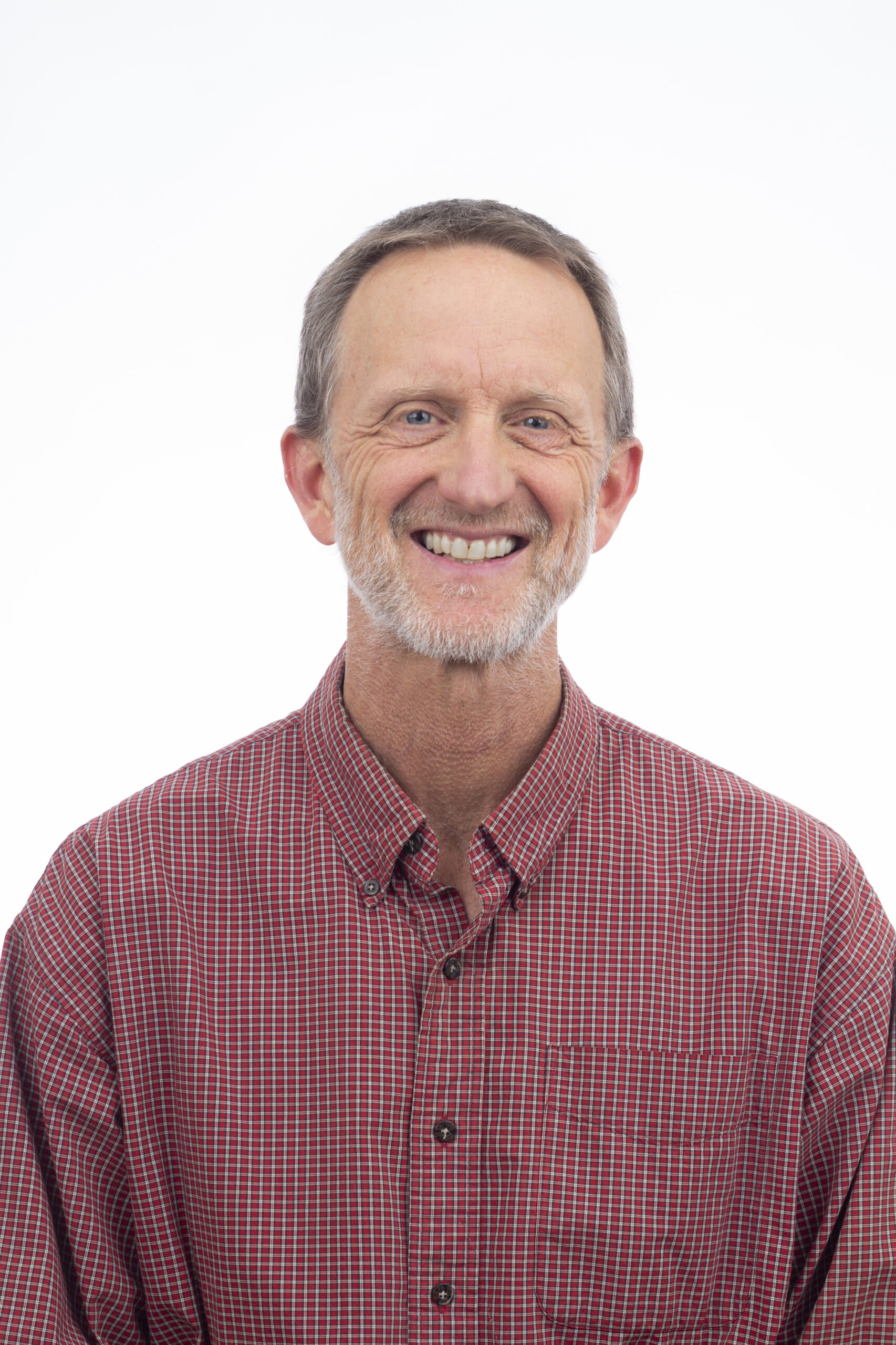Jon Jensen

Director of the Center for Sustainable Communities
About
Education: Ph.D., Philosophy, University of Colorado, Boulder; M.A., Philosophy, University of Colorado; B.A., Philosophy and Political Science, Luther College
Jon Jensen has been a professor in Philosophy and Environmental Studies since 2002, with a focus in environmental philosophy and science. Some of his course topics include Environmental Philosophy and Forays.
Personal Statement on Philosophy
I see philosophy as the heart of liberal arts, because it forces us to make connections across disciplines and to question fundamental assumptions. One of my jobs as a teacher is to help students see the relevance of philosophy for their everyday lives. Activities as ubiquitous as eating are filled with philosophical questions, which I explore with students in the classroom.
PHIL 140 Environmental Philosophy
A study of the philosophical response to the environmental crisis. The course begins with a survey of environmental problems and a brief history of the environmental movement. It then examines various philosophical attempts to reevaluate human attitudes and responsibilities toward the nonhuman environment.
ENVS 130 Environmental Forays
In this course students will explore the relationship between humans and the physical environment by 1) reading seminal texts that address this relationship, such as A Sand County Almanac and Silent Spring, 2) studying basic ideas and concepts central to environmental studies, and 3) using the prairie-forest border region of Northeast Iowa as a laboratory for investigating how humans interact with the natural world.
ENVS 239 ST:Environ Pol Pacific NW
This course will examine and evaluate current and proposed policies for addressing environmental issues in the Pacific Northwest. We will pay particular attention to the range of actors involved in the making of environmental policy and will emphasize the relationship among politics, economics, ethics, and science in the making of environmental policies. Issues to be examined include wilderness, endangered species, mining and mine remediation, hydroelectric dams, water rights, public lands management, logging, and outdoor recreation. These issues will be used as case studies to understand the nature of the political process in the United States as well as to gain insight on the particular challenges in human-nature relations within the intermountain west. The course will be taught at Holden Village, an ecumenical retreat center in Washington’s Cascade Mountains.
ENVS 485 Seminar
This course will be an interdisciplinary seminar for students completing the environmental studies major or minor. It will be topical in nature and will combine lecture and seminar approaches to the exploration of environmental issues and policies
- Ph.D., Philosophy, University of Colorado, Boulder, 2000
- M.A., Philosophy, University of Colorado, 1999
- B.A., Philosophy and Political Science, Luther College, 1989
Professor Jensen’s current research focuses on the intersection between virtue ethics, sustainable agriculture, and ecological restoration. He teaches environmental philosophy of science, as well as courses for the environmental studies program.
- “Educating for Ignorance,” The Upside of Ignorance: Prospecting for a New World View, Bill Vitek and Wes Jackson, eds., forthcoming University of Kentucky Press
- “Cutting Nature at the Seams: Beyond Species Boundaries in a World of Diversity,” Boundary Explorations in Ecological Theory and Practice, Charles Brown, ed., SUNY Press, 2006
- “Naming What We Eat,” The Cresset, Spring 2005
- Questions That Matter: An Invitation to Philosophy, 5th edition, with Ed. L. Miller, McGraw-Hill (2004)